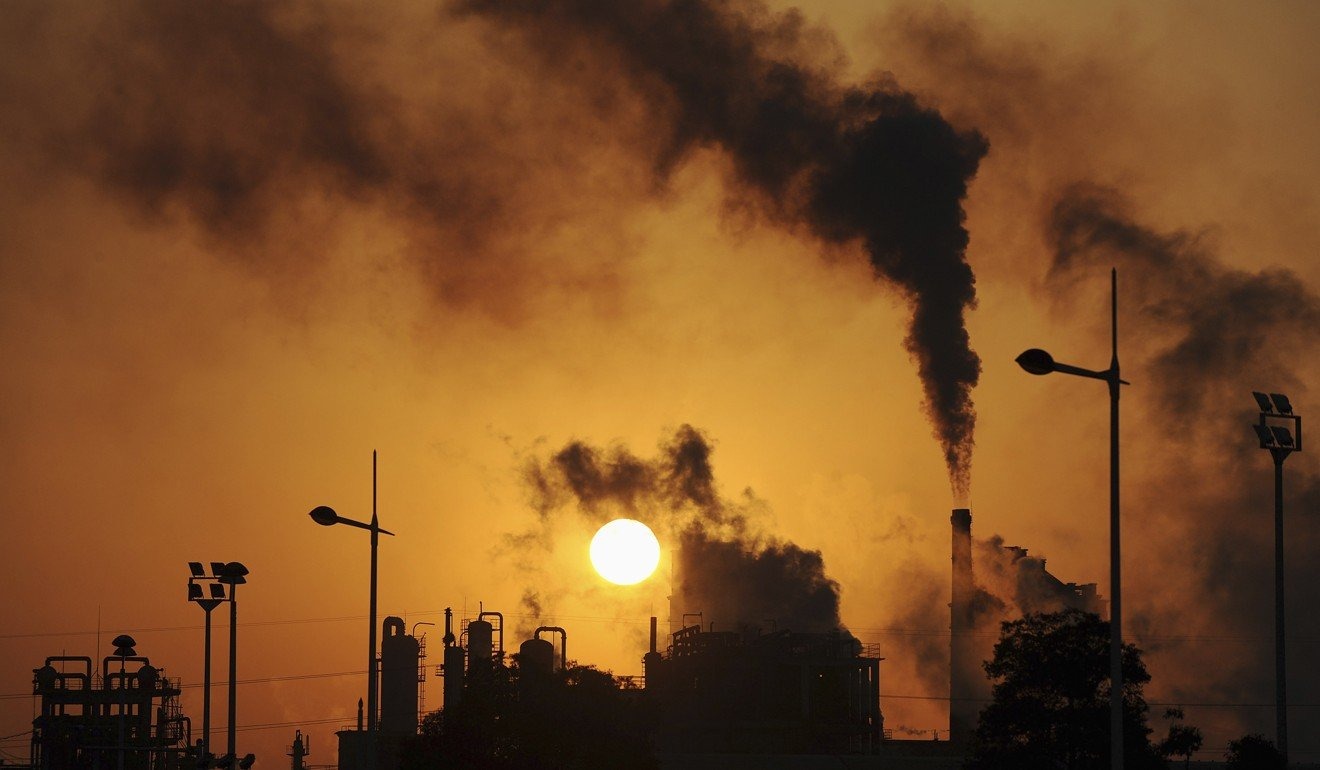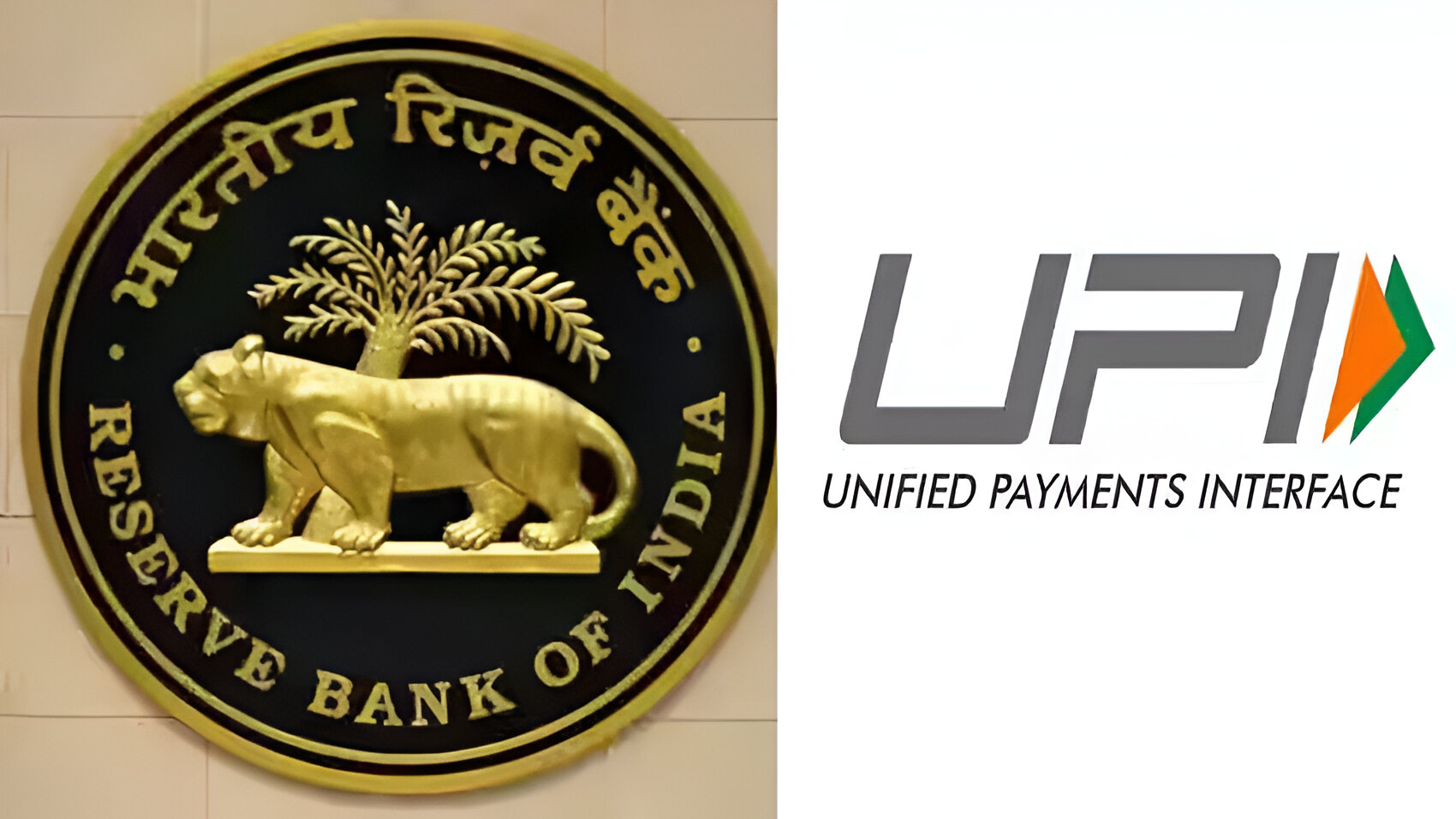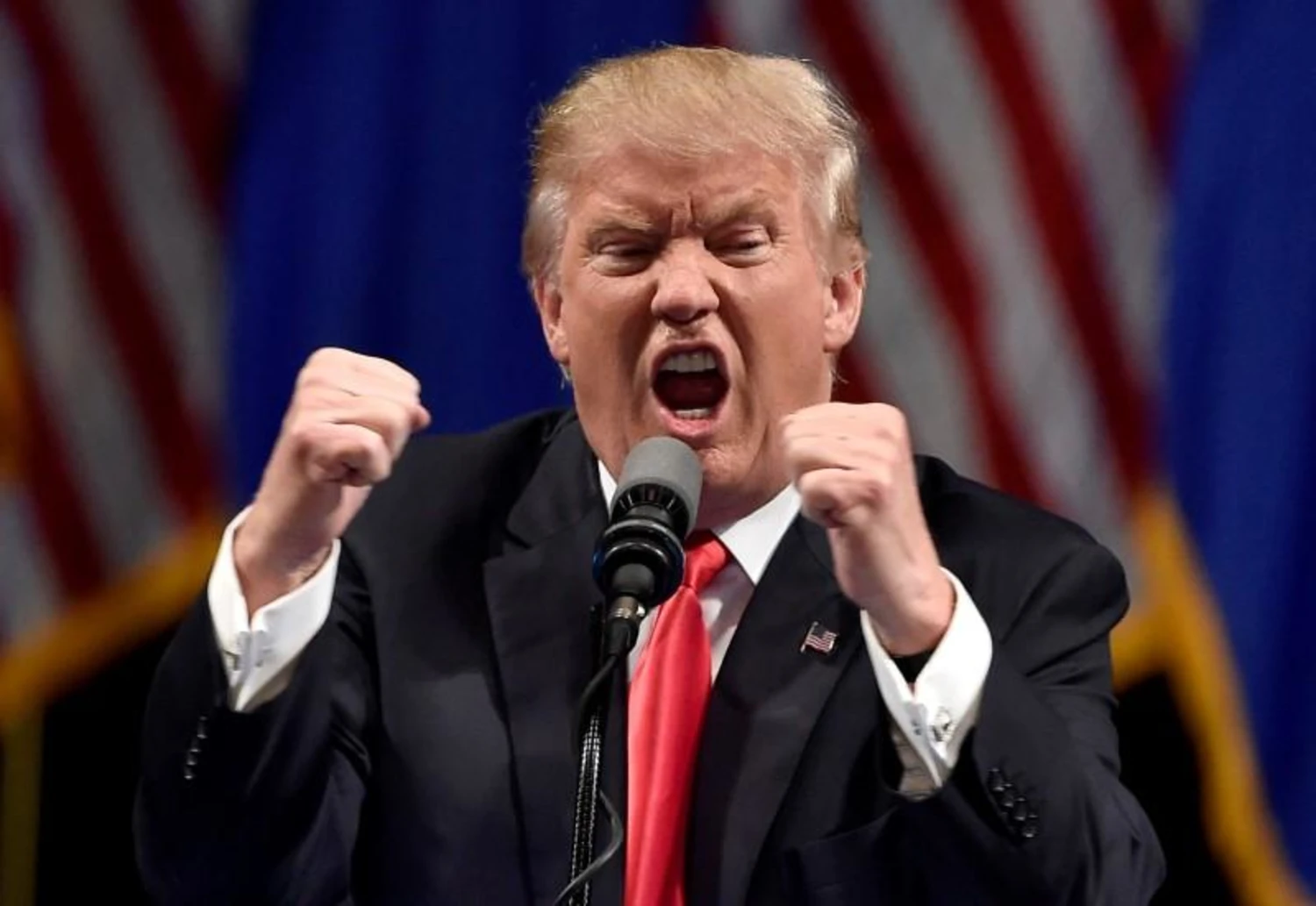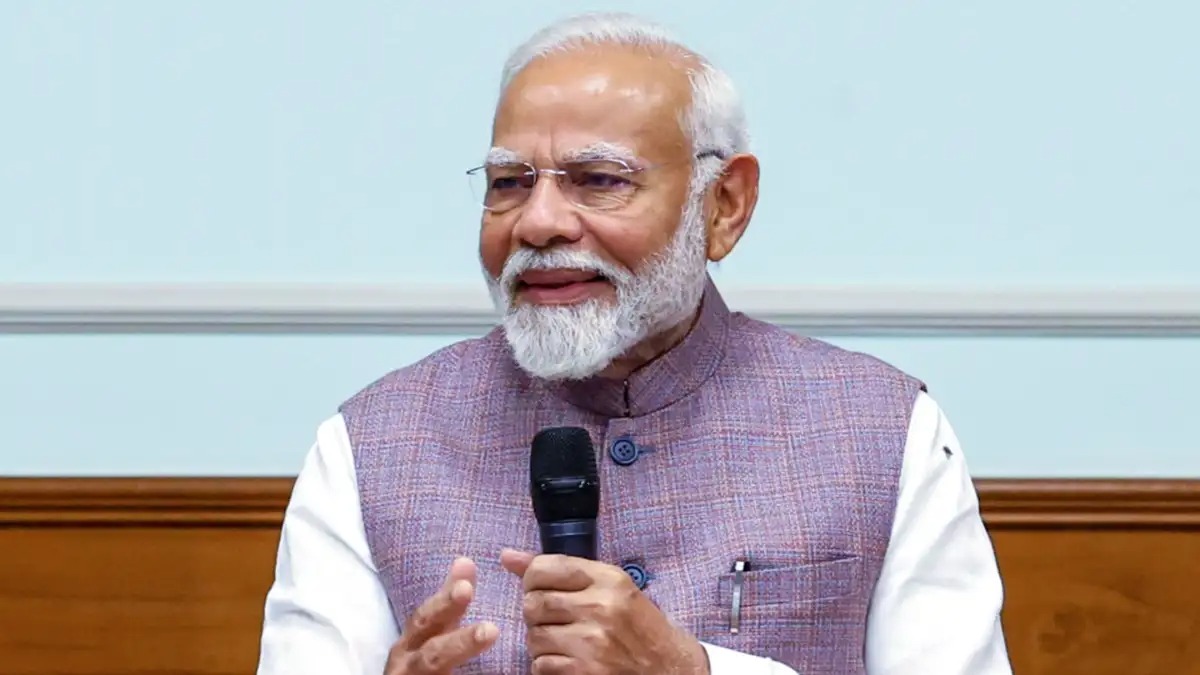
Imagine if companies had to pay for polluting and could make money for saving the planet. That's exactly how carbon markets work!
They allow businesses to buy and sell carbon credits, which represent one ton of carbon dioxide (or other greenhouse gases) either removed or prevented from entering the atmosphere.
There are two types of carbon markets. Compliance markets are run by governments that force companies to cut emissions or buy credits to make up for their pollution. Voluntary markets let companies and individuals buy credits to reduce their carbon footprint, even if they’re not required to.
The European Union started the first international carbon trading system in 2005, and China now has the largest one. The Kyoto Protocol’s Clean Development Mechanism (CDM) also helped kickstart carbon trading worldwide.
So why does this matter? Climate change is getting worse, and experts say we need huge investments to fix it. Carbon markets offer a way to fund green projects, hold polluters accountable, and make sustainability profitable. But will they be enough? That's the big question.
Post a comment
RBI permits UPI access for prepaid payment instruments through third-party...
- 28 Dec, 2024
- 1
Startup of the Day: BluSmart
- 15 Apr, 2025
- 2
Rising North East Summit: PM Modi Highlights Region’s Potential
- 23 May, 2025
- 3
Startup of the day: Livspace
- 17 May, 2025
- 2
Minimalist Joins Hindustan Unilever’s Growing Portfolio
- 24 Jan, 2025
- 3
Categories
Recent News
Daily Newsletter
Get all the top stories from Blogs to keep track.

















